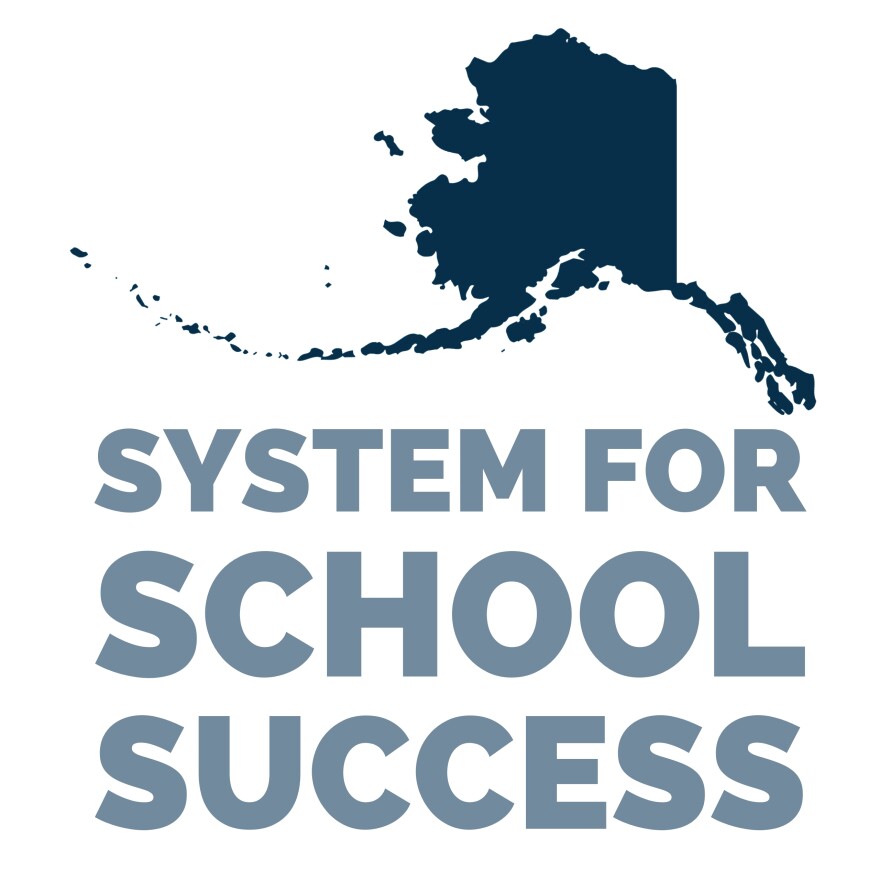The Alaska Department of Education and Early Development is assessing schools in a new way. The department rolled out it’s new accountability system in late October, which they call the System for School Success.
Schools flagged by the program as low performing can now obtain more funding but some say the system is not an accurate measure of their success
The System for School Success has two parts. The first part gives the school an overall value, based on data such as test scores, student growth and chronic absenteeism.
The second part determines whether schools need additional support. Schools with large concentrations of low-income students may be flagged if they perform in the bottom five percent of schools in the same category. Schools that didn’t graduate more than two-thirds of their eligible seniors or those that have a low-performing group may also be flagged.
Brad Billings is the administrator for school improvement at the Alaska Department for Education. He said there are multiple subgroups.
“We have African Americans, we have Alaska Natives, American Indian, we have Asian Pacific Islander, we have Caucasian, Hispanic,” he said. “We have students with disabilities, we have English learners…”
Overall, this new program is flagging more schools across the state for improvement than in the previous system.
“And so we had about 45 schools that were designated for support under the old system,” he said.
This fall, roughly 100 schools were flagged as needing improvement.
Most of that growth is due to a standard requiring all schools that serve 12th graders to graduate more than two-thirds of those students.
“This was something that is required of all states,” he said. “We didn't pick that two-thirds or adjust it according to our needs”
Billings said the problem partly lies with alternative schools. Under the previous program, Alaska was able to adjust requirements for those facilities.
“What we were able to do is say, ‘hey, we want to make sure that alternative schools are still reaching out and serving kids that may be at a higher risk of not graduating,’” he said. “We don't want to necessarily punish them for that.’ And so we actually had an alternative system that weighted differently the graduation rate such that alternative schools had a bit different standard in that area.”
But he said the U.S. Department of Education has not allowed that flexibility within the new system. Now schools like Homer Flex, an alternative high school in Homer, are required to meet the same standards as other schools.
Homer Flex was flagged this year because of its graduation rate. Now the school is required to make an improvement plan. Chris Brown is the school’s principal.
“At first, we were kind of frustrated just because it's difficult to implement the changes or affect changes when we don't know who our student body is from year to year,” he said. “We often get students mid-year.”
But the designation is also giving them opportunities for financial support. Flagged schools are able to apply for grants. Flex applied for one already and is in the planning stages for another.
“We'll look at other teacher trainings, possibly funding for a mental health counselor,” he said.
Tim Vlasak is the director of assessments and curriculum for the Kenai Peninsula Borough School District. He said the new system is providing more funding opportunity districtwide.
“I think our schools are appreciative of the opportunity that these funds will provide,” he said. “Even though the Kenai School District has had schools in improvement in the past 10 years that I've been here, those schools have never been in the bottom one-fifth of the state schools. So only that bottom one-fifth get any financial support towards improvement.”
In the new ratings system, the Kenai Peninsula had four schools that were flagged for improvement: Kenai Alternative, Homer Flex, Nanwalek and Connections, the district’s homeschooling program.
But those like Vlasak and Billings with the state Department of Education say these designations aren’t everything and that parents should understand how this new system works.
After all, it could change. Billings said the state will likely ask the U.S. Department of Education to give the state more flexibility in the spring of 2020.



